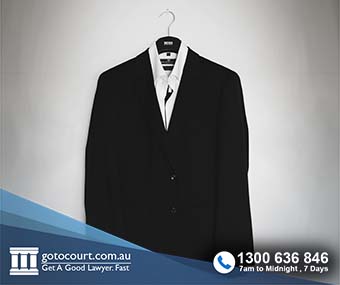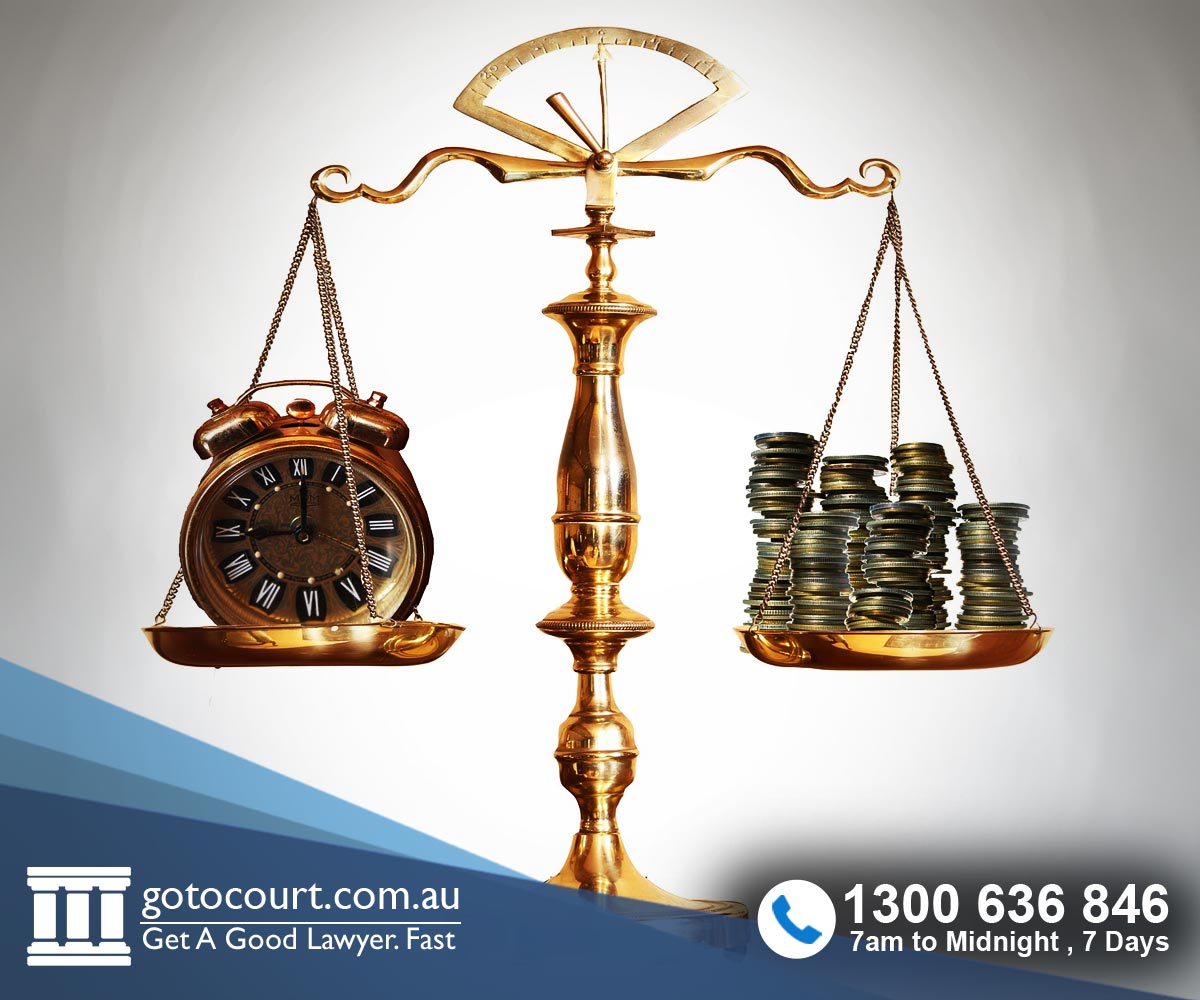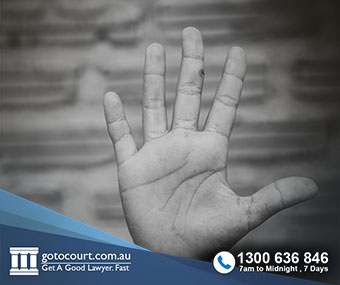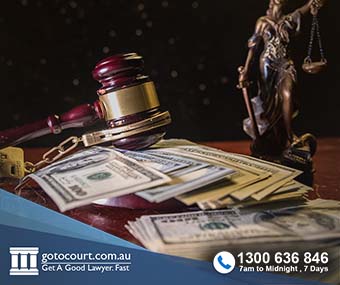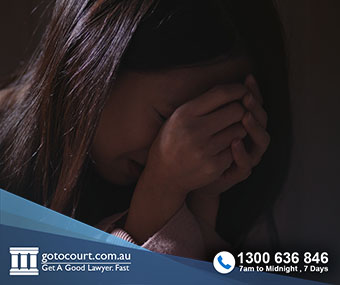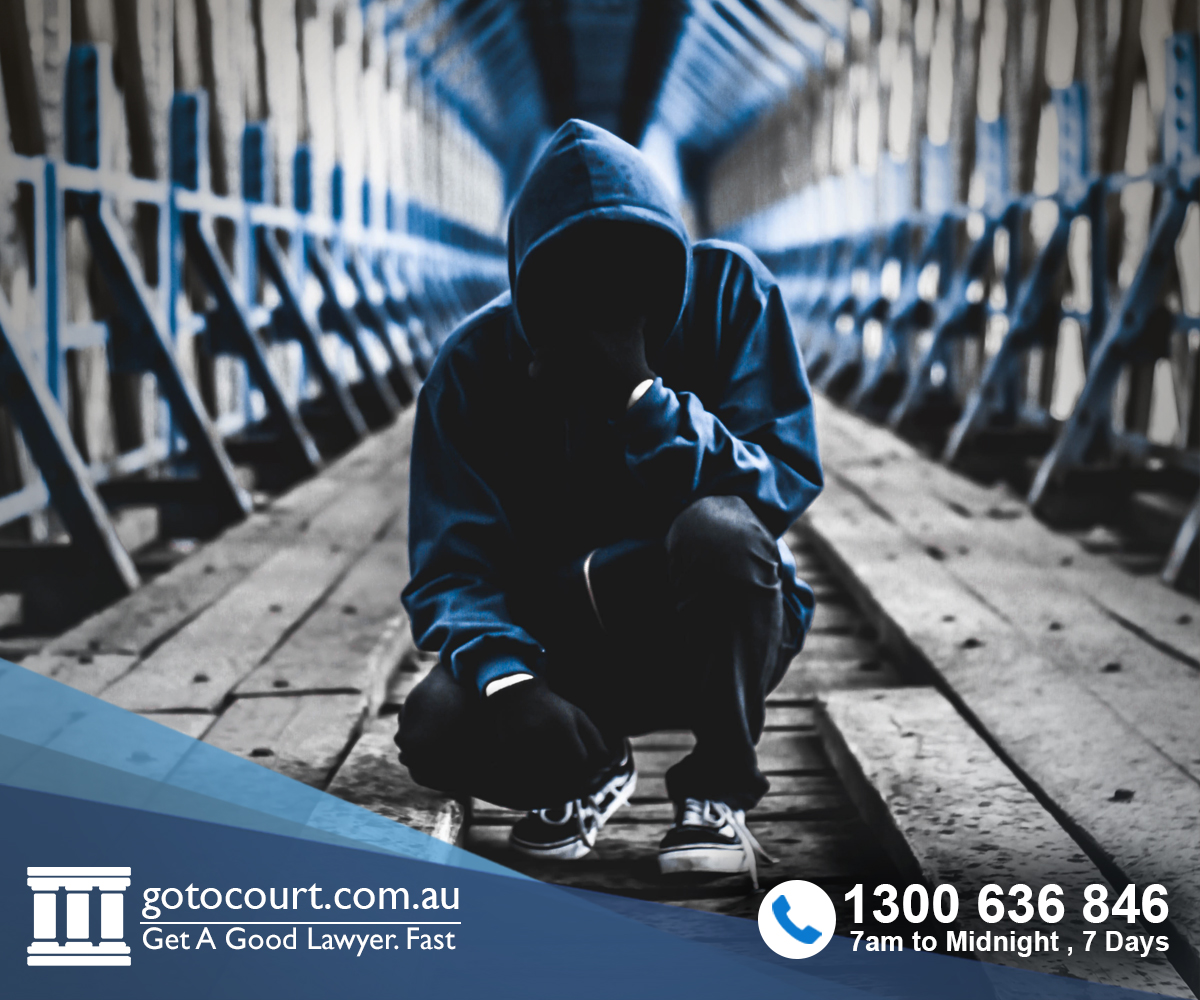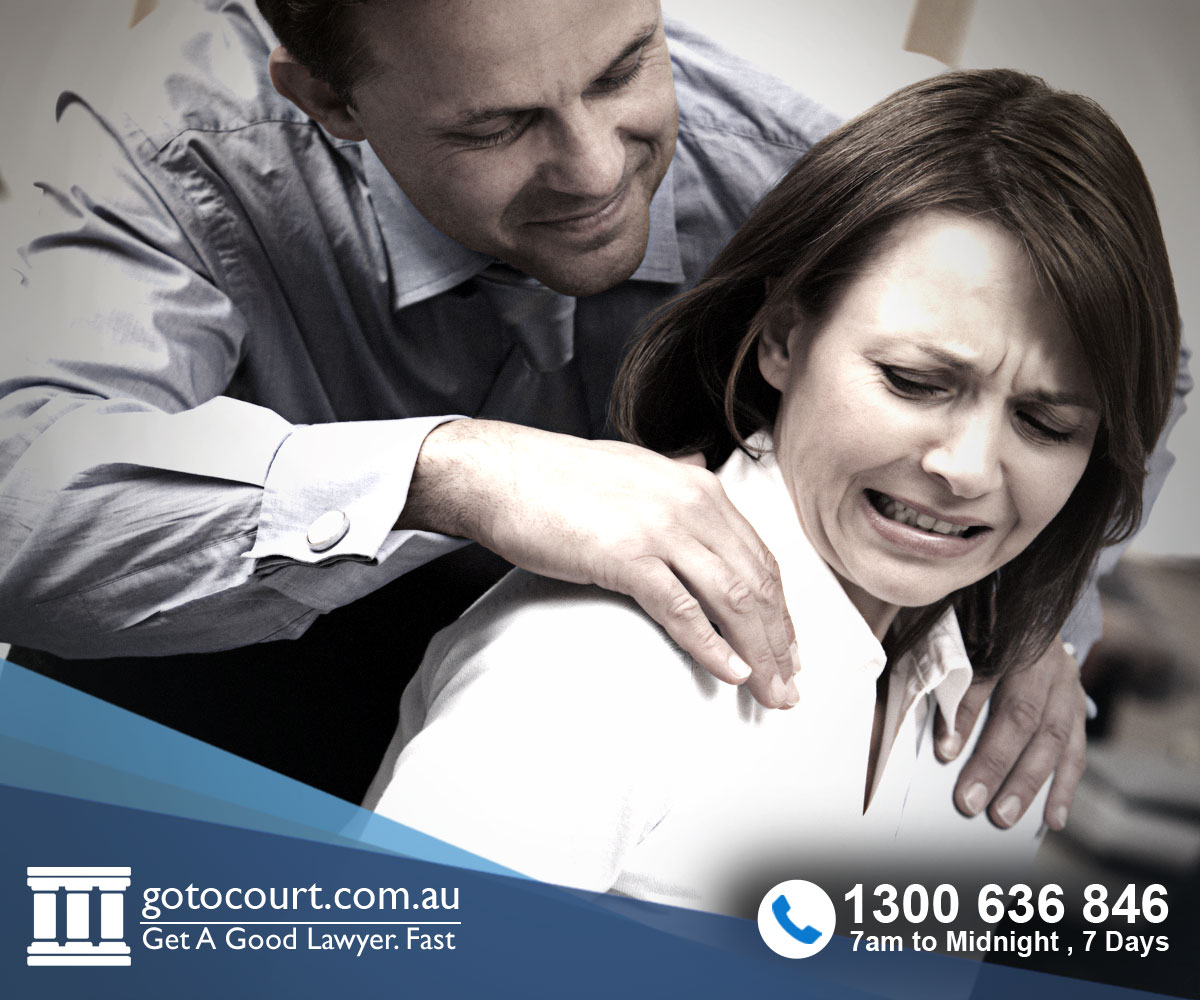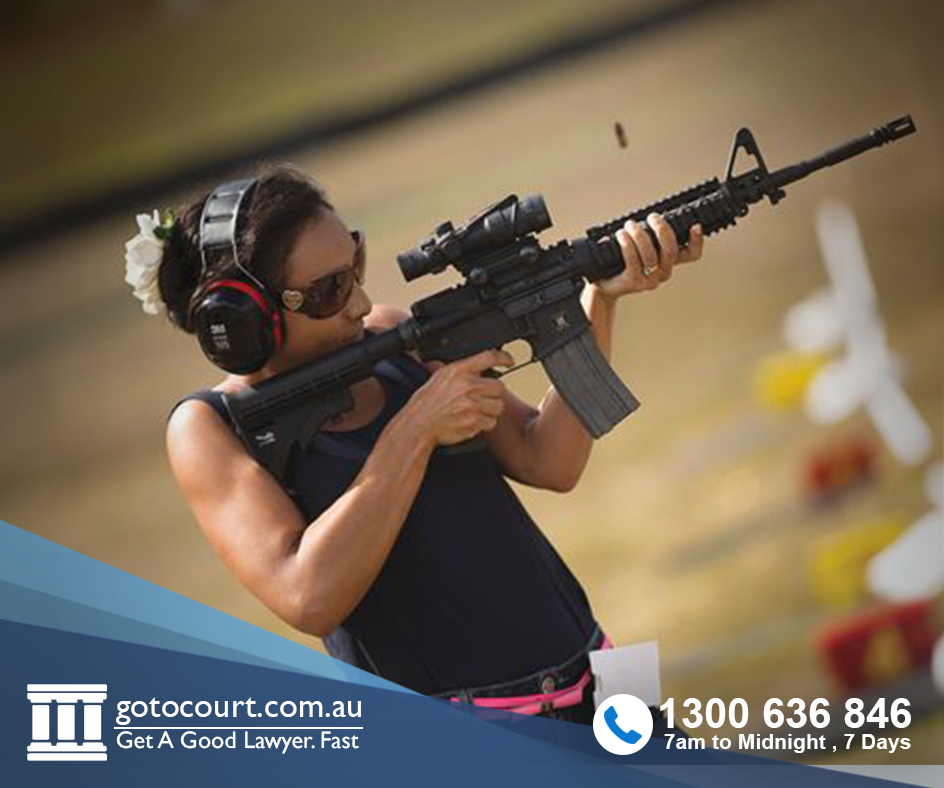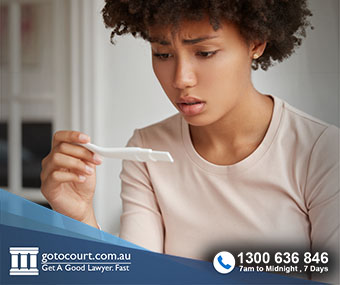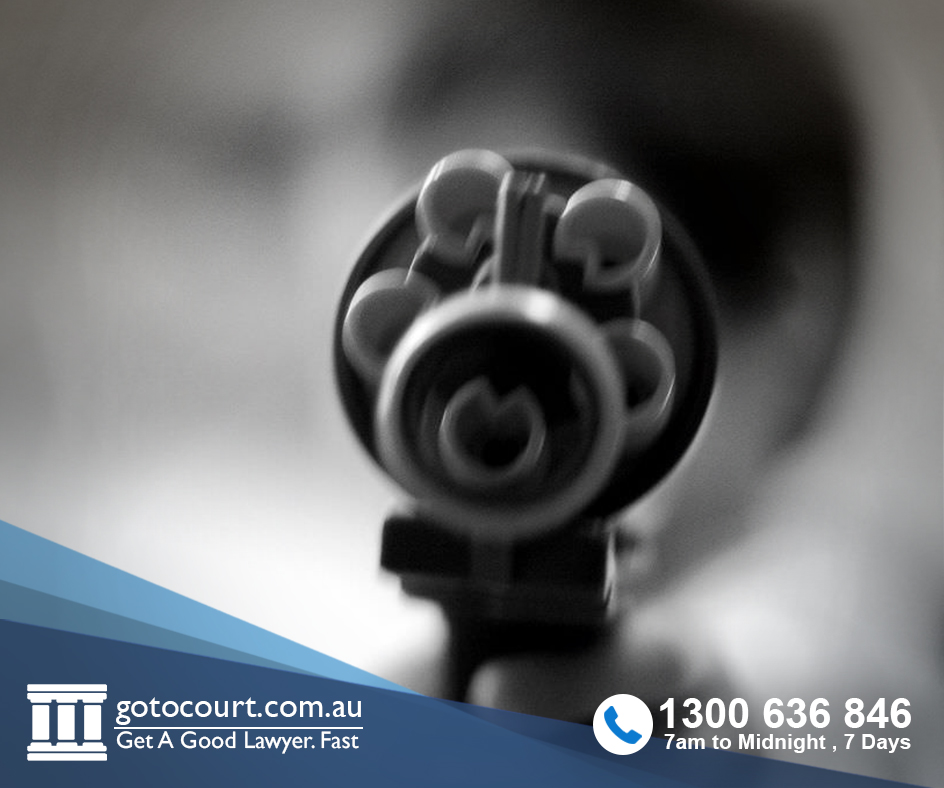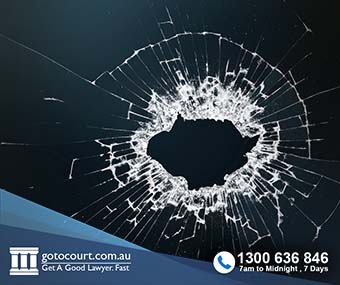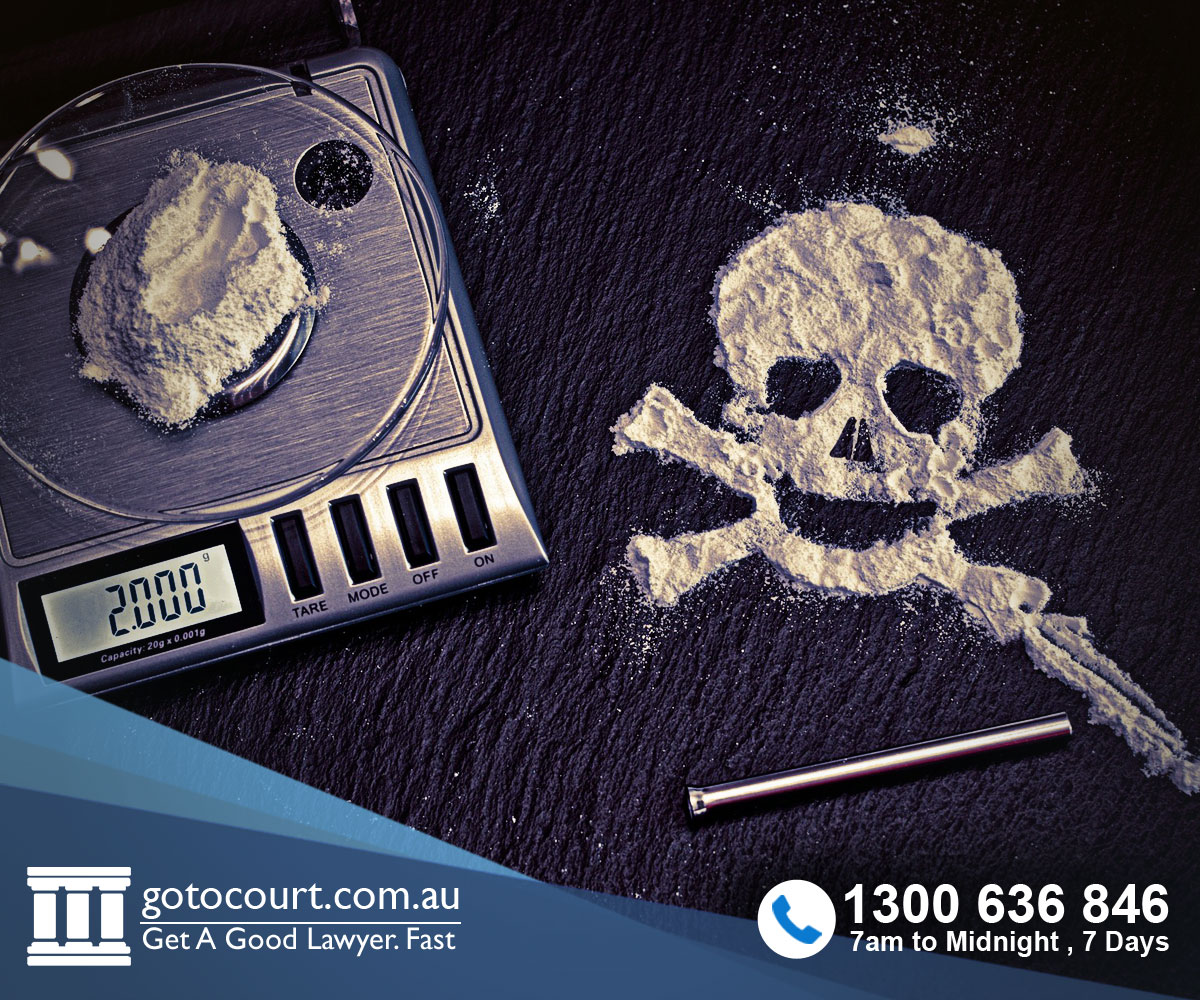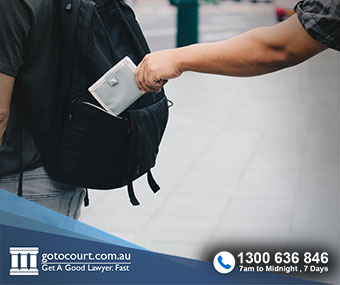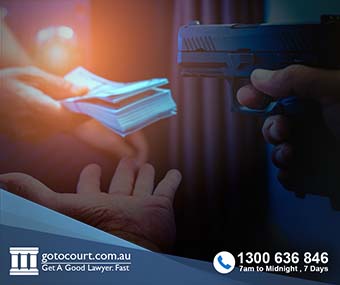Call our lawyers
now
or,
have our lawyers
call you
Indictable Offences (ACT)
Updated on Dec 05, 2022 • 4 min read • 509 views • Copy Link
Indictable Offences (ACT)
Indictable offences are serious offences that can be finalised in the higher courts. A person accused of an indictable offence has the right to be tried by a jury; however, many indictable offences can be dealt with in the summary jurisdiction (Magistrates Court or Children’s Court) with the consent of the accused. This page deals with indictable offences in the ACT.
What is an indictable offence?
Under section 190 of the Legislation Act 2001, an offence is an indictable offence if it is punishable by imprisonment for two years or more, or if ACT law declares it to be an indictable offence.
Indictable offences in the ACT include assault and stealing as well as more serious offences such as murder, manslaughter and sexual intercourse without consent, which are what is known as strictly indictable offences.
Strictly indictable offences can only be finalised in the Supreme Court.
Limitation period
A limitation period is the length of time the police have to lay a charge after an offence is alleged to have occurred. For minor offences, this is usually a short period such as six or 12 months.
Indictable offences have no limitation period. This means that a charge can be laid years or even decades after an alleged offence. This may be because there was a delay in reporting the offence or because new evidence becomes available long after the event.
Historical offences can be more difficult to prove. This is because witnesses’ memories may have deteriorated, and other types of evidence may no longer be available.
Indictable offences dealt with summarily
When a person is charged with an indictable offence that is not a strictly indictable offence, the matter can be finalised by a magistrate if the parties agree. When this happens in the Australian Capital Territory, the maximum penalty that can be imposed for a single offence is three years imprisonment.
Matters that are finalised summarily are generally also completed much quicker than those that are committed to a higher court.
Indictable offences that are commonly dealt with summarily are assault and stealing.
Offences dealt with on indictment
When a person is charged with an indictable offence and it is not heard summarily, the matter must proceed to a committal proceeding. This occurs in the Magistrates Court (or Children’s Court if the accused is under 18). During a committal proceeding, a magistrate will review the prosecution case and assess whether there is enough evidence that the accused could be found guilty.
If the magistrate considers that the evidence could support a finding of guilt, the matter will be committed to the Supreme Court. If they consider the case could not support a finding of guilt, the matter will simply be dismissed.
Once a matter has been committed to the Supreme Court, it will be listed for a trial or a plea hearing.
Matters that go to trial in the Australian Capital Territory are generally decided by a jury of twelve people, selected randomly from the electoral roll. The jury decides whether the accused has been proven guilty beyond a reasonable doubt after hearing evidence and submissions from the prosecution and defence. If the accused is found guilty, the judge then decides on the sentence.
Sentencing for indictable offences
In the Magistrates Court, the maximum penalty that can be imposed for a single indictable offence is three years imprisonment. In the Supreme Court, lengthy maximum sentences can be imposed for indictable offences. Some indictable offences such as murder, treason and terrorism offences can attract life imprisonment.
If you require legal advice or representation in any legal matter, please contact Go To Court Lawyers.


Affordable Lawyers
Our Go To Court Lawyers will assist you in all areas of law. We specialise in providing legal advice urgently – at the time when you need it most. If you need a lawyer right now, today, we can help you – no matter where you are in Australia.How It Works








1. You speak directly to a lawyer
When you call the Go To Court Legal Hotline, you will be connected directly to a lawyer, every time.


2. Get your legal situation assessed
We determine the best way forward in your legal matter, free of charge. If you want to go ahead and book a face-to-face appointment, we will connect you with a specialist in your local area.


3. We arrange everything as needed
If you want to go ahead and book a fact-to-face appointment, we will connect you with a specialist in your local area no matter where you are and even at very short notice.


